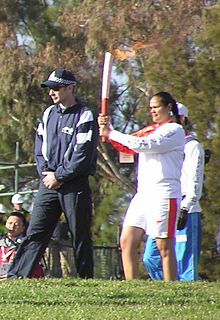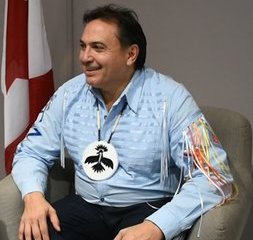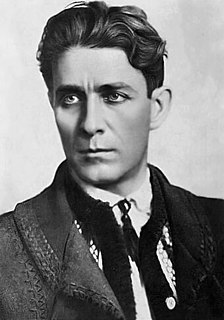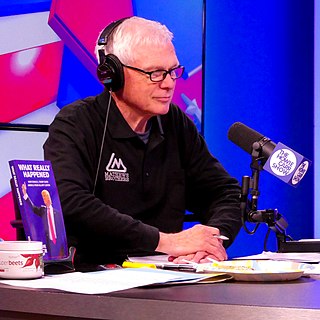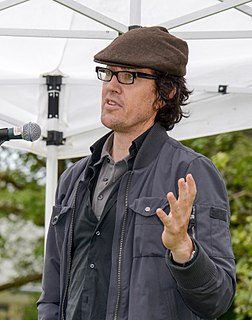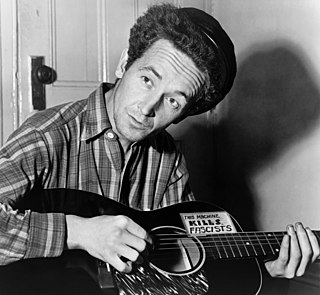A Quote by Tania Major
If you can imagine the one family continuously occupying the same land for 40,000 years or more, using it not just to sustain life but as a place of reverence and worship, where every tree, rock and waterhole had significance, you will get some understanding of the importance of land to indigenous people.
Related Quotes
Will biofuel usage require land? Absolutely, but we think the ability to use winter cover crops, degraded land, as well as using sources such as organic waste, sewage, and forest waste means that actual land usage will be limited. Just these sources can replace most of our imported oil by 2030 without touching new land.
As it becomes more and more difficult to get land, so will the virtual enslavement of the laboring-classe s go on. As the value of land rises, more and more of the earnings of labor will be demanded for the use of land, until finally nothing is left to laborers but the wages of slavery -- a bare living.
When we enter the landscape to learn something, we are obligated, I think, to pay attention rather than constantly to pose questions. To approach the land as we would a person, by opening an intelligent conversation. And to stay in one place, to make of that one, long observation a fully dilated experience. We will always be rewarded if we give the land credit for more than we imagine, and if we imagine it as being more complex even than language. In these ways we begin, I think, to find a home, to sense how to fit a place.
The reality is that the founding fathers were land speculators. The fact was that you couldn't vote in this country if you did not own land, and that was basically you had to be a white man who owned land. Now how did they get that land? They basically had to steal it from someone, and that would be probably the Indians. And so most of the initial founding fathers were, while they may have had some really nice ideas about democracy, they had a lot of issues with people of color. They had a lot of issues with people who held things that they coveted.
Ask people who are close to the natural world: farmers, people who work the land or in some way use the land for their livelihoods. They will tell you what they are seeing isn't so good. They will tell you the changes they have seen in the past twenty years are remarkable in one way or another and unlike anything they had seen before that.
A few years ago, I was trying to buy a piece of land next to a house I had in Newfoundland. I discovered that the plot had been owned by a family, and the son had gone off to World War I and been killed. It began to interest me: What would have happened on that land if the son had lived, had brought up his own family there?
Land ownership in Guatemala is more unequal than anywhere else in Latin America. Roughly 90 percent of Guatemalan farms are too small to support a family. A tiny group of Guatemalans owns a third of the country's arable land; more than 300,000 landless peasants must scrounge a living as best they can.
